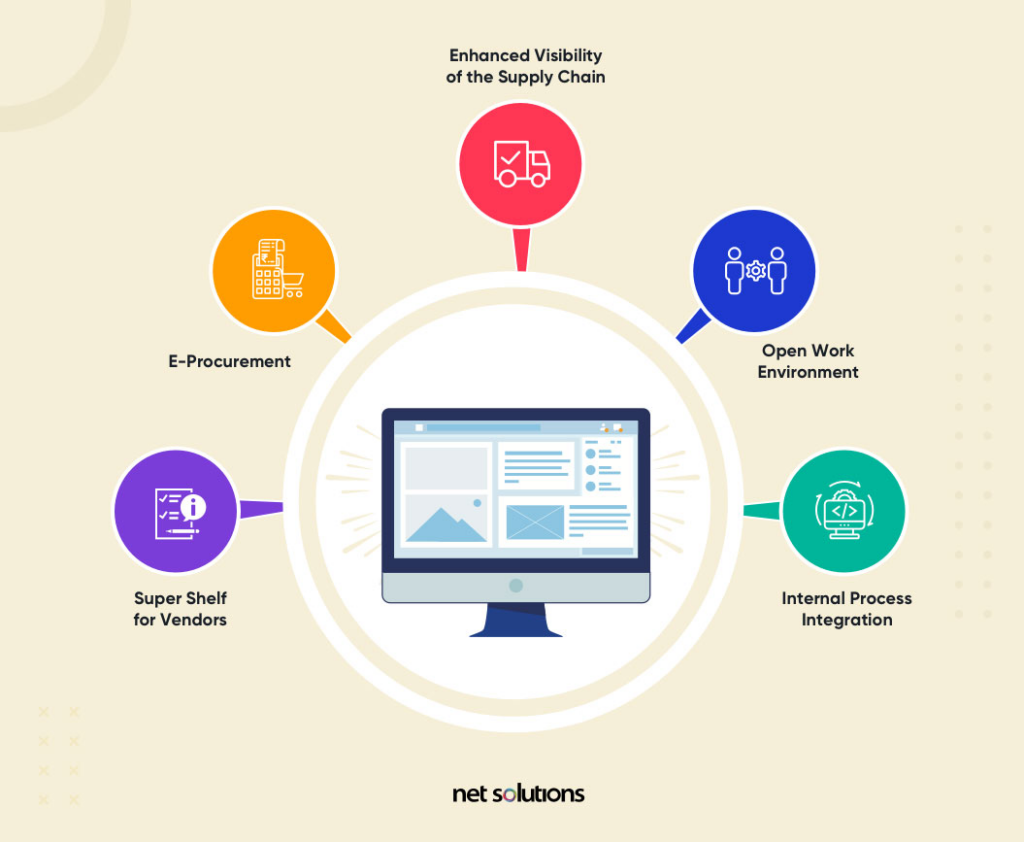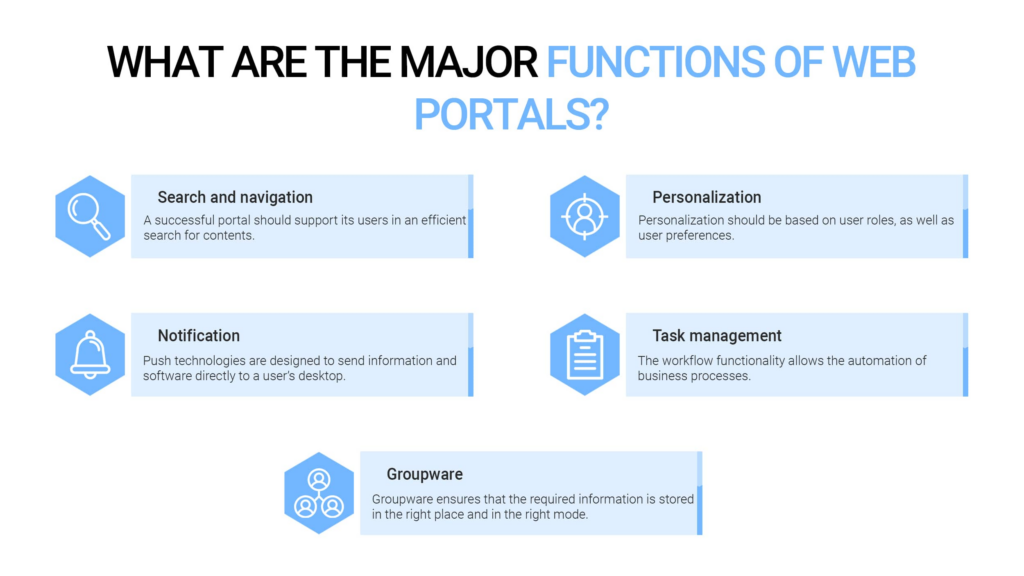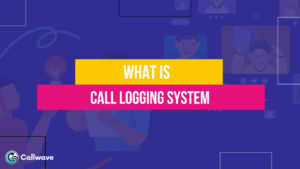In today’s digital age, online portals have become an indispensable part of our daily lives.
From education to entertainment, shopping to social networking, online portals allow us to access a wide range of services and information right from the comfort of our homes.
With just a few clicks, we can connect with friends, purchase products, pay bills, book tickets, and do much more.
The convenience and ease of use offered by online portals have made them immensely popular among people of all age groups.
In this article, we will understand what is an online portal, the types, features, benefits, and challenges faced by online portals in detail.

What is an Online Portal?
An online portal is a website that brings together different services and resources under one umbrella.
It serves as a single point of access for a variety of functions and activities on the Internet. Some key features of online portals include:
- They aggregate information from diverse sources into one centralized platform. For instance, a news portal will compile stories from different publications.
- They provide a broad range of services like email, search engines, shopping, bill payments, travel bookings, etc. through integration with other sites. Users can access all these facilities via a single portal.
- They allow customization so that users can design the portal as per their preferences. Personalized content and layouts can be created.
- They enable the sharing of user-generated content like photos, videos, reviews, etc. Social media integration allows seamless sharing.
- They use cutting-edge technology like AI, VR, voice search, and more to provide an engaging user experience.
Some popular examples of online portals include Yahoo, MSN, Google, Excite, Infoseek, and Lycos.

Types of Online Portals
There are different types of online portals designed to cater to specific user needs and interests. Some major categories include:
- Horizontal Portals: These are general interest portals covering a wide range of topics and services like news, entertainment, finance, weather, mail, search, shopping, and more. Examples are Yahoo, MSN, Rediff, and Excite.
- Vertical Portals: These portals focus on a particular segment, industry, or niche. They provide in-depth information and services related to that specific subject. Job portals, real estate portals, and automotive portals are some examples.
- Enterprise Portals: These are business portals that facilitate communication, collaboration, and workflow within organizations. They allow employees to access company data and applications through a single interface.
- Government Portals: These portals act as a gateway to information and services provided by different government departments and agencies. Users can access resources related to healthcare, taxation, education, transportation, etc.
- Community Portals: These are focused on an individual community, locality, or geographic region. They curate local news, events, business listings, and discussion forums.

Features of Online Portals
Some standard features offered by online portals are:
1. User Accounts and Profiles
- Allow users to create personal accounts and profiles to avail of customized services
- Store user preferences, transaction history, recommendations, etc.
- Enable easy login access across devices
2. Personalized Content
- Analyze user data and behavior to provide customized content and recommendations
- Curate content as per user interests and preferences
- Push notifications for personalized updates and alerts
3. Multimedia Access
- Allow access to multimedia content like videos, music, images, etc.
- Offer audio/video streaming and downloading services
- Provide storage for user-generated content
4. Connectivity and Sharing
- Integrate email, messaging, social media, and other communication tools
- Allow users to share content across platforms and with friends
- Enable interactive discussions via comments, forums, etc.
5. Transactions and Payments
- Secure payment gateways for hassle-free transactions
- Order tracking and transaction history for user convenience
- Cashback, vouchers, and other payment-related offers
5. Search and Discovery
- Intelligent search to easily find relevant content
- Content tagging, recommendations, and suggestions
- Categories and filters to discover new content
The personalization, multimedia access, connectivity, and intelligent features of online portals provide users with a seamless gateway to the digital world.
The convenience and engagement offered by portals continue to drive their popularity across demographics.
Benefits of Online Portals
Online portals offer various benefits that explain their immense popularity:
- Convenience – Easy access to services anytime, anywhere through internet-enabled devices.
- Saves time – No need to visit different sites for different needs. All services are available through one portal.
- Cost-effective – Availing facilities like bill payments, and tickets at home reduces transport costs. Also, online prices are lower.
- Customizable – Users can personalize portals according to individual requirements.
- Updated information – Portals constantly aggregate the latest news, data, trends, etc. from credible sources.
- Reliable – Leading portals are managed by reputed companies and offer reliable services.
- Secure – Stringent privacy and security measures like data encryption, and user verification protect user data.
- User-friendly – Intuitive and responsive design makes portals easily navigable even for novices.
- Interactive – Social media integration and community features enable valuable interactions.
Challenges Faced by Online Portals
While online portals provide immense value, some key challenges need to be addressed:
- Content management – Managing vast volumes of aggregated content from different sources is difficult.
- Security threats – Threats like hacking, phishing, and viruses remain persistent challenges.
- Privacy issues – User data collection and tracking by portals raise privacy concerns.
- Technology obsolescence – With rapidly evolving technology, portals need constant upgradation.
- Competition – Increasing competition makes customer retention and acquisition tougher.
- Personalization limitations – There are limits to customization based on each user’s preferences.
- Page loading speed – Complex portals with multimedia content can have slow page loads.
- Measuring ROI – Gauging return on investment accurately for portal management is tricky.

Future of Online Portals
Online portals are expected to gain even higher significance in the future driven by:
- Wider internet access – Rising internet penetration globally will increase the user base
- Mobile usage – The majority of portal access is expected to shift to smartphones and tablets
- Personalization – More curated, targeted content based on AI and user data analysis
- Voice and vernacular – Voice-based interactions and local language interfaces will grow
- Immersive formats – AR/VR integration will provide more engaging user experiences
- Sectoral focus – More targeted portals catering to specific industries, localities, interests
- Secure platforms – Blockchain, biometric logins, and other advances will enhance security
- Regulatory compliance – Stricter norms around data privacy, and content will be implemented
- Consolidation – Mergers between bigger portal players are likely to increase
Online portals have become indispensable in our digital lives. As technology evolves, portals too will progress to provide more personalized, secure, and cutting-edge services in the future.
Frequently Asked Questions (FAQ)
Ques 1. What are the benefits of an online portal?
Ans. Some key benefits of online portals include convenience, time savings, access to updated information and services, customization, security, interactivity, and mobile accessibility.
Ques 2. What kind of content can you find on an online portal?
Ans. Online portals aggregate content from diverse sources. This can include news, articles, videos, community discussions, listings, search results, email, shopping, and other services. The content varies based on the type and focus of the portal.
Ques 3. How do online portals generate revenue?
Ans. Common revenue models for portals include advertisements, premium subscriptions for added features, transaction fees for services like ticket bookings or product sales, affiliate marketing, sponsored content, and data aggregation for research reports.
Ques 4. Are online portals safe to use?
Ans. Leading online portals invest heavily in security measures like encryption, firewalls, multi-factor authentication, and regular security auditing.
Users must however be cautious of phishing attacks, fake links, insecure third-party plugins, etc. Using strong passwords is also advised.
Ques 5. What is the future of online portals?
Ans. Online portals are expected to thrive in the future supported by personalization, voice/vernacular interfaces, immersive formats like AR/VR, increased mobile usage, sectoral focus, and stricter regulations around privacy.
Consolidation between major players is also likely.






